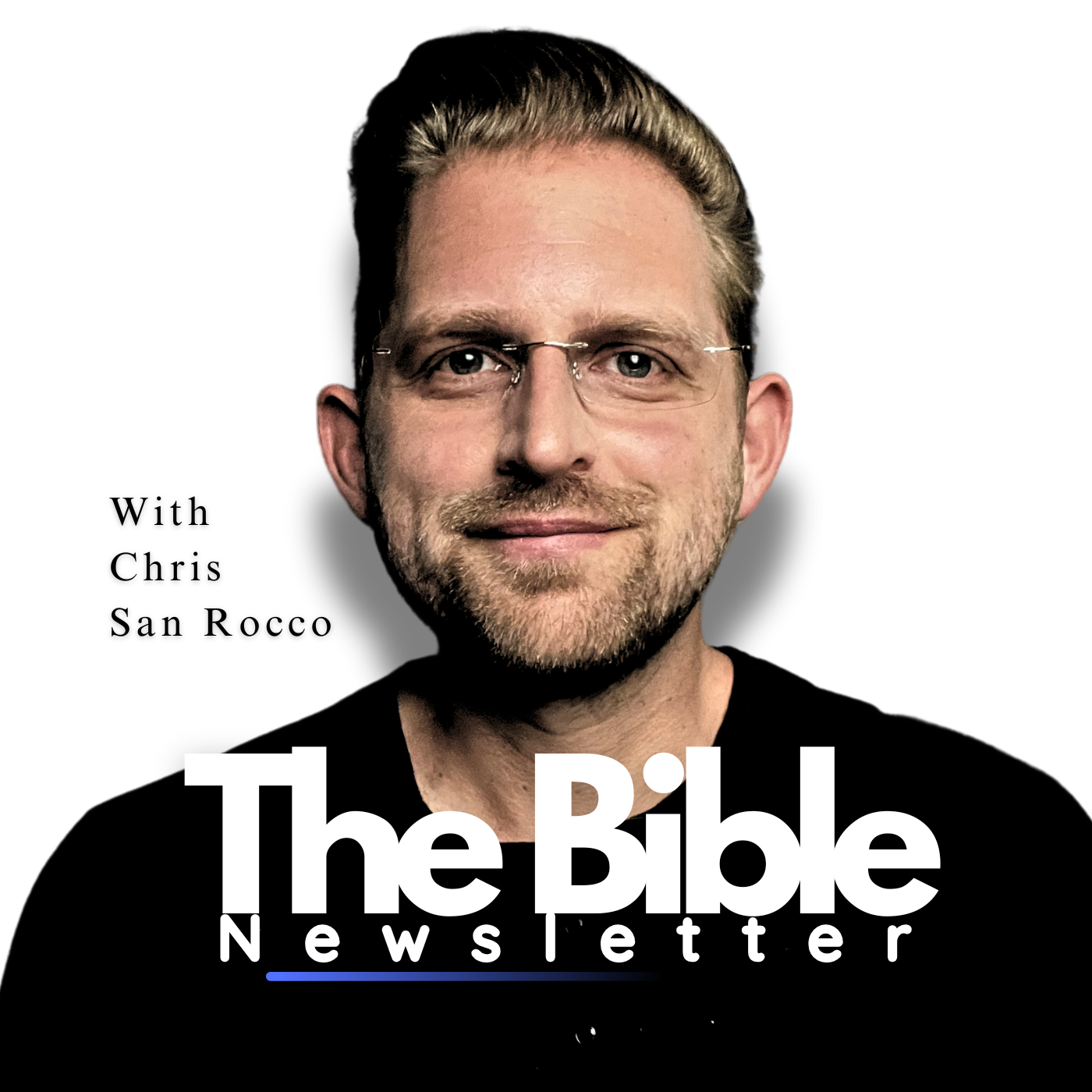The Mission of the Church
In this Lecture we will discuss the Nature and mission of the church in 4 parts.
by the end of the lecture you will have a clear understanding of the church as Christ's body, the holy spirits role , and what the church mission is.
The church is not simply a building or an organization; it is a community of believers who gather together to worship, serve, and fulfill a great mission.
1. The Church as the Body of Christ
The apostle Paul describes the church as the body of Christ, with Jesus as the head.
"For just as the body is one and has many members, and all the members of the body, though many, are one body, so it is with Christ." (1 Corinthians 12:12)
Just as a body has many different parts working together for a common purpose, so does the church. Each member has a unique role to play and contributes to the overall functioning and growth of the body.
In the church, diversity is embraced and celebrated. Just like the different organs and systems in a human body serve distinct functions, each member of the church brings forth their unique talents, skills, and perspectives to fulfill specific roles within the community. Some may be gifted with teaching, others with serving, healing, or leadership. Together, they form a cohesive unit that works towards a shared mission of love, service, and spreading the message of faith.
When everyone contributes their God-given gifts and abilities, the church becomes a place where individuals are encouraged, edified, and empowered. It is through this synergy that the body of Christ flourishes, as each person's contribution is valued and vital for the overall health and effectiveness of the community.
Show Transcripts



